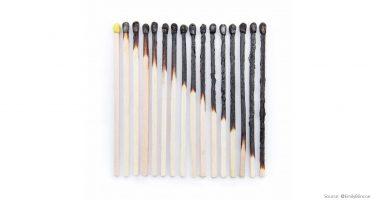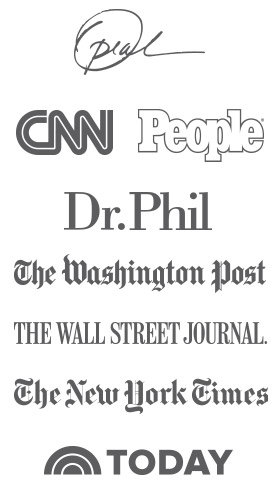This Christmas, I am taking pen in hand and sending the kids in my life a letter (not an email or text) about life. I am writing to them about three things about their financial life that I want them to think about. Hopefully, this letter format will give them time to stop and think and reflect – critical life skills when it comes to money.
Consider penning a similar letter to your children – edit in your life experience – as YOU are the most impactful teacher in your child’s life when it comes to money.
Merry Christmas everyone!
December 24, 2010
Dear ones:
Every day I hear about how hard it will be for your generation to survive and thrive in the new economy. If you believe what you read and hear, you will all be charged with a tougher financial landscape than any of us endured. I am not sure what will take place in the future but I do know from where I stand now that there are some things you must do to help keep yourself financially sound as you get ready to embark upon young adult life. Let’s start with just the top three:
Save early and often
When I graduated from college in 1979, my first job was with a bank which paid me the tidy sum of $14,500. I was still living at home and so I was inclined to spend much more than I was inclined to save. Spending was just so much more fun – and it was a whole new world that was available to me now that I was armed with a paycheck and had, for the most part, no expenses.
My job offered me the ability to participate in a 401(k) plan. I, however, was not at all interested in benefits, much less retirement benefits. All I cared about was base pay. A colleague of mine at the time who had been at the bank longer than I came into my office and gave me the best advice I ever took. She told me that at no other time in my life would it be easier for me to save for retirement. I was single, childless and without many expenses. She convinced me to fill out the 401(k) paperwork right then and there and contribute the maximum amount, 13% of my pay, to this account to which the bank would match a percentage of my savings just because I was saving. In other words, free money.
Today those initial dollars that I started saving have grown to be a big piece of my retirement money. Think about that for a moment. Savings that I started putting away over 25 years ago will now make a big difference in my quality of life when I retire.
As well, you all have some earning potential edge before you get married and before you have children – with pay gaps especially favoring women:
“…according to the research firm Reach Advisors, who spent more than a year analyzing data from the Census Bureau’s 2008 American Community Survey, among one specific pay gap – childless city-dwelling single people in their 20s – the average pay gap favors females: in metropolitan areas, their median full-time income is 108% that of their male counterparts. In Atlanta, women are at 121% of men’s pay; in New York City, 117%.”( TIME, The Rise of the Sheconomy, 11-22-2010.)
I have the benefit of looking back now and seeing the wisdom of what I did. Heed my advice and make it your top priority to understand and use all your benefits when they come your way. Don’t wait, as waiting will cost you a ton of money.
Take credit seriously
After law school, I took the big step and moved out of my home and into my first apartment. My $15,000 law school loan was the only debt I had – until I started spending money to fix up my new apartment. Thousands of dollars on my Marshall Field’s credit card – the only credit card I had – did the trick. The “trick” also included a load of interest charges when the bill failed to follow me to my new address.
I neglected to tell Marshall Field’s I had moved. They were not sympathetic. Interest on interest ballooned on my bill (that’s called a revolving charge) until I owed them $5000. It was an extraordinary amount of money that I paid off with the $5000 my parents gave me to put towards my wedding.
It was a naive and costly mistake. Debt is a sinkhole. Understand any debt you take on completely. Ask your parents, uncles, aunts, grandparents and adult friend’s advice before you take on debt. Do you own research but don’t undervalue the importance of experience.
Learn about money
I am giving you an acclaimed book that is small and easy to read that I have read and think you will also want to read and keep on your shelf of important books to have around, “just in case”. The Little Book of Economics by Greg Ip is a quick and easy way to get your head around economics. Personal finance I understand, but Economics was always a gap in my education. I do not want it to be so for you.
Bottom line, save and invest early and often. Save and invest the maximum when you are single and childless as it will be the easiest of all times to do so. Your single, childless 20s are a window of opportunity for saving and investing – take advantage of it. Read and collect books that help keep you knowledgeable about the world of money and the world you live in. Ask advice of trusted adults in your life who have already been where you are going.
I love you all and hope this gift is truly the kind of gift that keeps on giving to you as you grow into adulthood.
With love,
Mrs. Beacham



Leave a Comment